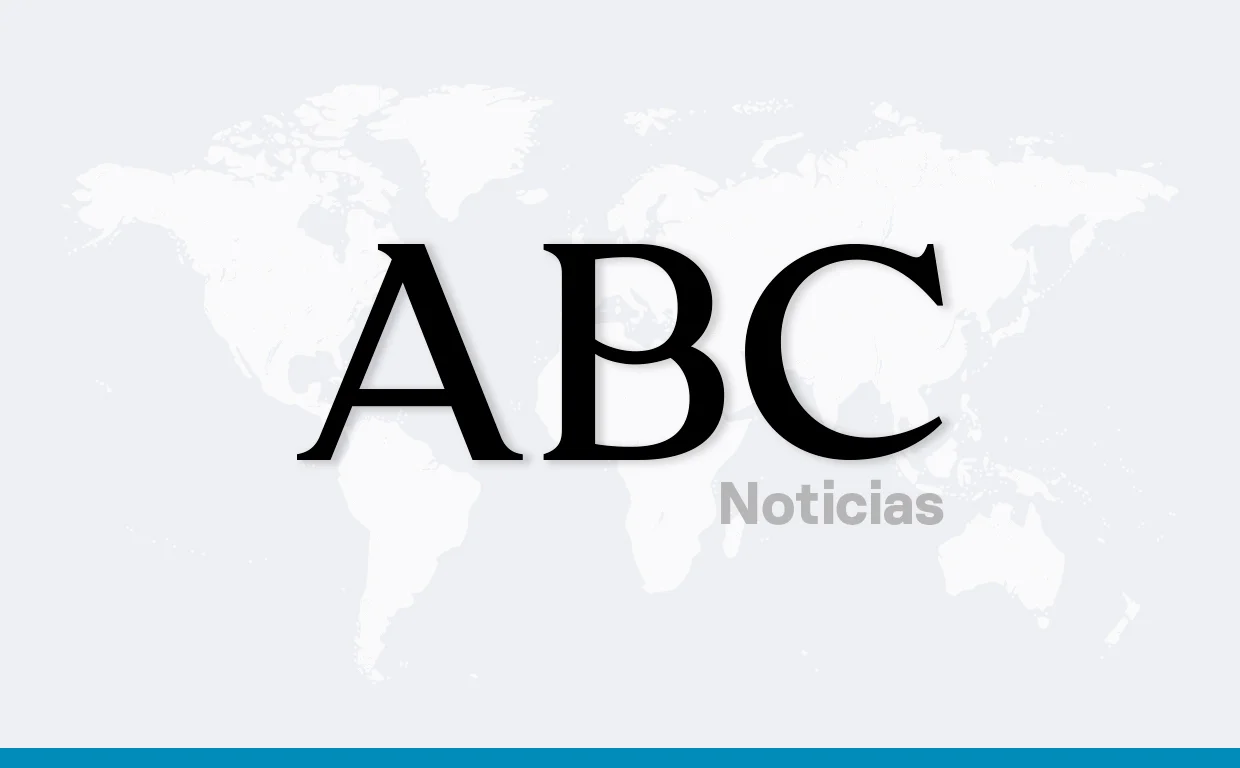
The author of this book won a position as a specialist pediatric resident in a public hospital within the Insalud network in December 1979 through a competitive examination. I began my career in pediatrics on January 15, 1980. … The childhood age in Spain was only up to 7 years old. As crazy as it sounds, this was a system that predates the General Health Act, and as I said, I was a member of the PSOE, so I helped draft it and negotiate it. In January 1984, I was hired as an assistant at Insalud Hospital, where the pediatrician was only 7 years old. I then worked as a pediatric specialist in Insalud and ISM’s network of outpatient clinics and offices, where I remained for the next seven years.
I quit my job as a pediatrician and took special leave in 1989 because I was not a good fit for an elected position. The situation remained there until March 2004. As a result of the Health Law, from 1986 a new concept of health centers began to develop throughout Spain. This involved a reform of primary care, with pediatrics becoming the primary competency and no longer a regional specialty. Not only has our schedule increased from 2.5 hours to 7 hours per day, but we have also phased in a new pediatric age that allows boys and girls up to 14 years and 364 days of age to be cared for by experts in pediatrics and its specialties.
Before I leave this world, I will make sure that public health coverage extends to young people up to the age of 18. It is logical and normal, they are still developing people, and their pathology has little to do with the pathology of maturation and aging. However, this step must be taken gradually within the necessary reform of the 1986 health care system, which will soon reach its 40th anniversary. That’s obvious and necessary.
Some people just can’t wait any longer. At the age of 15, all pediatric patients with complex and chronic medical conditions become adults and are placed under the care of fellow physicians, specialists, and surgeons who do not regularly see these patients.
This creates a rift in the relationship between patients, their families, and medical professionals. Performing a gastrostomy on a 14-year-old neurological patient is not the same as performing a gastrostomy on a nearly 70-year-old man like me. This is not just a question of better care for individuals, patients, and families. It is also a real problem that the system of care for sick people and their illnesses is inadequate. Is it properly cared for now? Yes, but we would be better served if these complex, chronic patients (we identify them with triple A cards, but there are many more) were treated in pediatrics until at least 18 years of age.
We can start with hospital treatment and pilot centers and then take steps to give these boys and girls new hope and new support. I may be talking about fewer than 3,000 people in Galicia, but we will improve the quality of life for them and their caregivers. It depends on us, the Galician public health system. I’m sure it will.



